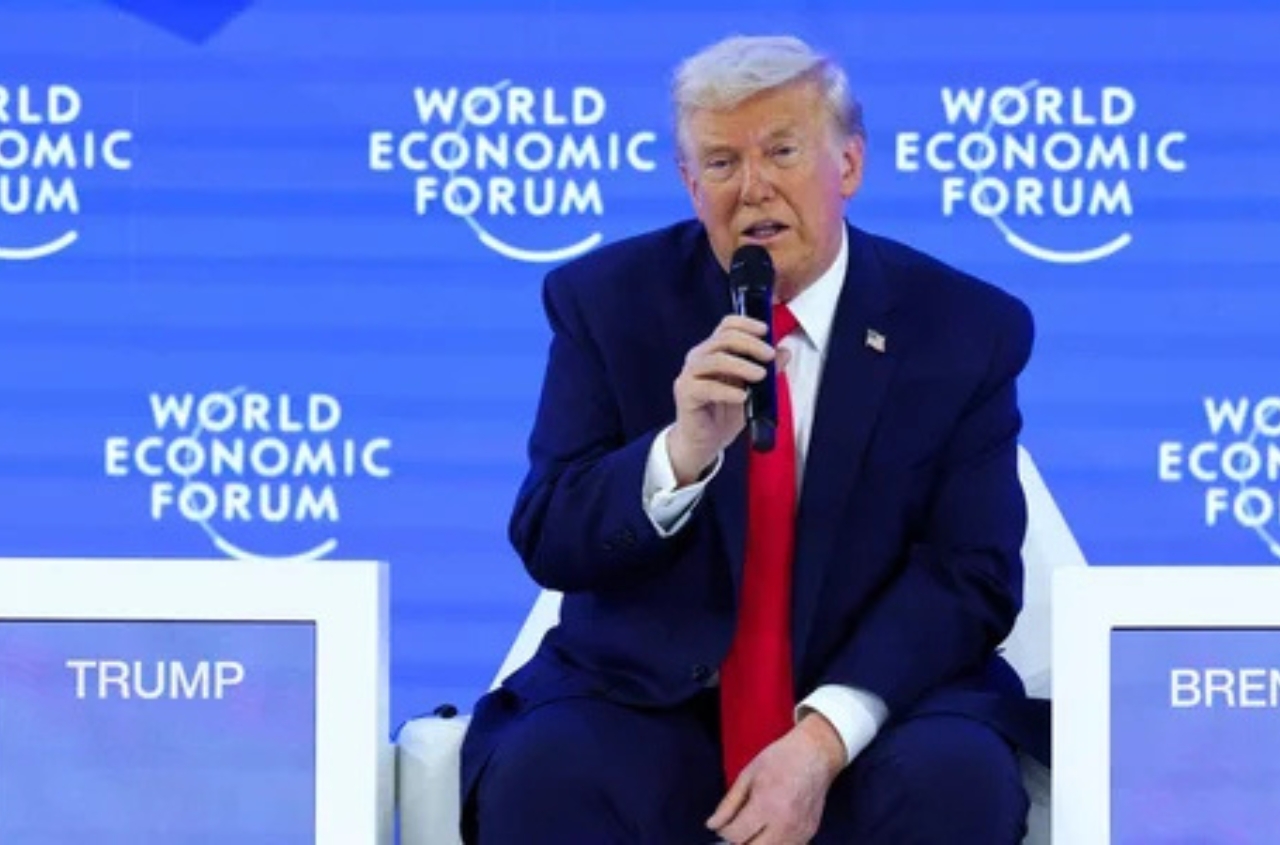Regarding China's statements about its "peace plan" for Ukraine. Could China also fall under sanctions if it moves away from its neutrality and plays along with the Kremlin? Russian-American historian Yuri Felshtinsky gave his answers in an interview with Unian.
"China will certainly fall under sanctions if it starts providing military assistance to Russia. But for now, I think it's premature and unfair to China. There is a severe distrust of China in the United States, and it is partly justified because Beijing is engaged in espionage and does not play by the rules in economic matters.
With only one amendment, which is very important during the current war. So far, there are no examples in China's history of using the army outside its territory to resolve foreign policy issues. Money, influence, economy, espionage - yes. Let's see if something changes in this centuries-old Chinese tradition. I hope the leadership will have the wisdom not to follow Putin's example and not go and seize Taiwan.
Moreover, sanctions against China, if any, will be fundamentally more sensitive and tough for it than sanctions against Russia. After all, the Russian Federation was not very strongly connected with the world economy. But the relationship between the Chinese and world economies is much more serious than that between the Russian Federation and the rest of the world. Sanctions against China could be very tangible, if not deadly.
Therefore, if I were in China's place, I would not risk supporting Russia, and even more so, I would not risk any hostile steps against the United States.
Can China offer some kind of peace talks? Maybe, but nothing will come of it. China will try to remain neutral on this issue and will try to become a participant in the negotiations, but the Russian and Ukrainian sides are not interested in them. Because the conditions will not be satisfactory for either side.
And I don't think China will offer Russia capitulation. If China took this path, it would be wise and good for them. But, probably, they would have done it through quiet diplomacy, not public diplomacy."





















